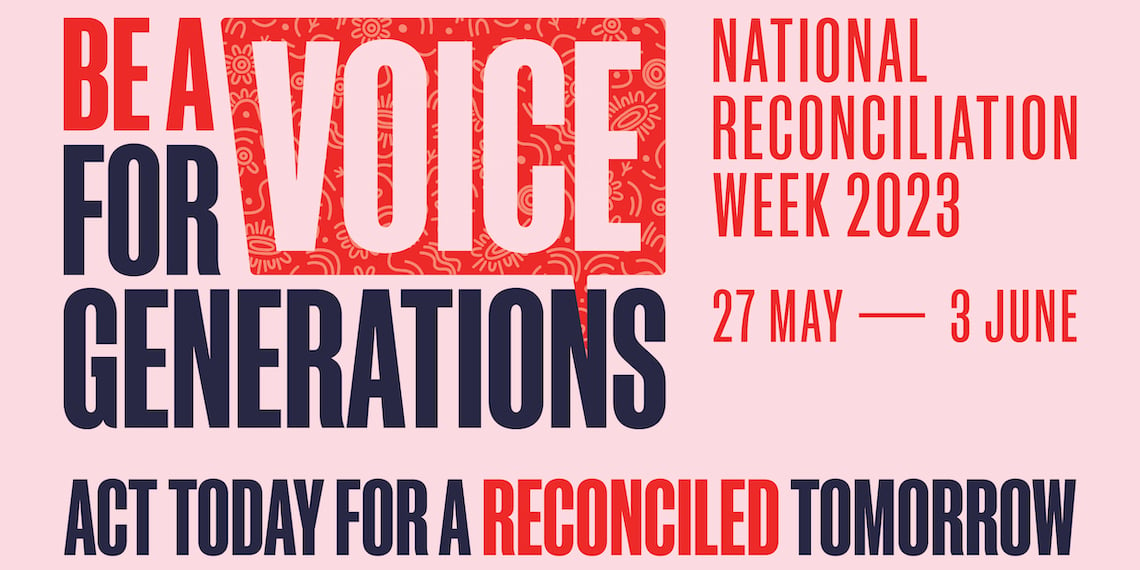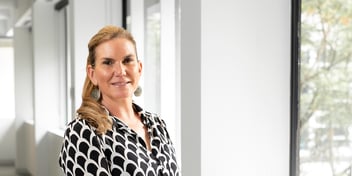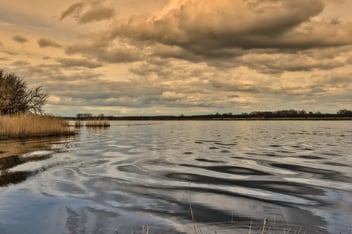National Reconciliation Week: a time to reflect on the Voice

This year’s National Reconciliation Week (27 May–3 June) holds a special place ahead of the upcoming Voice to Parliament referendum, and one First Nations water leader urges all people to use this time to inform themselves on the issues and consider the future through the eyes of future generations.
The theme of this year’s National Reconciliation Week is ‘Be a Voice for Generations’, encouraging all Australians to advocate for reconciliation in tangible ways where we live, work and socialise.
A Gomeroi man with strong bloodline connections to the Wiradjuri Nation, Dr Phil Duncan is an Adjunct Industry Fellow with the Australian Rivers Institute, the first Indigenous Chair of the MDBA’s Basin Community Committee, first Indigenous Board Member of the NSW Natural Resources Access Regulator’s independent board, and currently acting CEO of the Economic Participation of Indigenous Communities CRC bid.
In 2022, Duncan was awarded an honorary doctorate by Griffith University in recognition of four decades of work protecting waterways, and preserving Indigenous knowledge and education.
And those forty years of working to improve the lives and lands of Aboriginal people has convinced Duncan that a First Peoples’ Voice to Parliament is the way forward.
“For the first five years of my life in this country, I wasn’t recognised as a human being,” he said.
“The 1967 referendum decided that I was no longer considered flora and fauna.
“Getting involved as a supporter and an advocate for the Uluru Statement from the Heart, and the journey towards constitutional reform through a referendum is something that I’m very passionate about.”
Charting a course
The referendum is set to be held between August and November this year, and will ask whether Australians wish to change the constitution to recognise Aboriginal and Torres Strait Islander people through the establishment of a representative Voice to guide parliamentary and government decisions.
“It’s time for this country to do what’s right,” Duncan said, urging people to inform themselves on the issues and consider the future through the eyes of the next generations.
“Don’t vote yes because you feel it’s an obligation – become a supporter because it’s the right thing to do,” he said.
“We will be judged by our next generations in terms of what we leave them – environmentally, and as a cohesive society that has a shared vision of a prosperous and reconciled future for all to enjoy.”
Source of life
Duncan said Aboriginal representation at the decision-making table will also be critical for the water sector.
“Water is central to our cultural way of life, our health, our longevity,” he said. “I believe the Voice can play a significant role in the reconvening of land and water so that we are talking about Country in a holistic manner.”
With the Murray-Darling Basin Plan set for review in 2024 and a $40 million fund for First Nations communities to invest in water, Duncan highlights the urgency of that parliamentary Voice.
“We need a framework that creates equal access for Indigenous interests, resourcing us effectively to be active in water markets, planning and the wider management and allocation industry,” he said.
“If we miss this opportunity, the water sector may never see it again.”
First published as ‘Voice for the Future’ in the Australian Water Association’s Current magazine.



